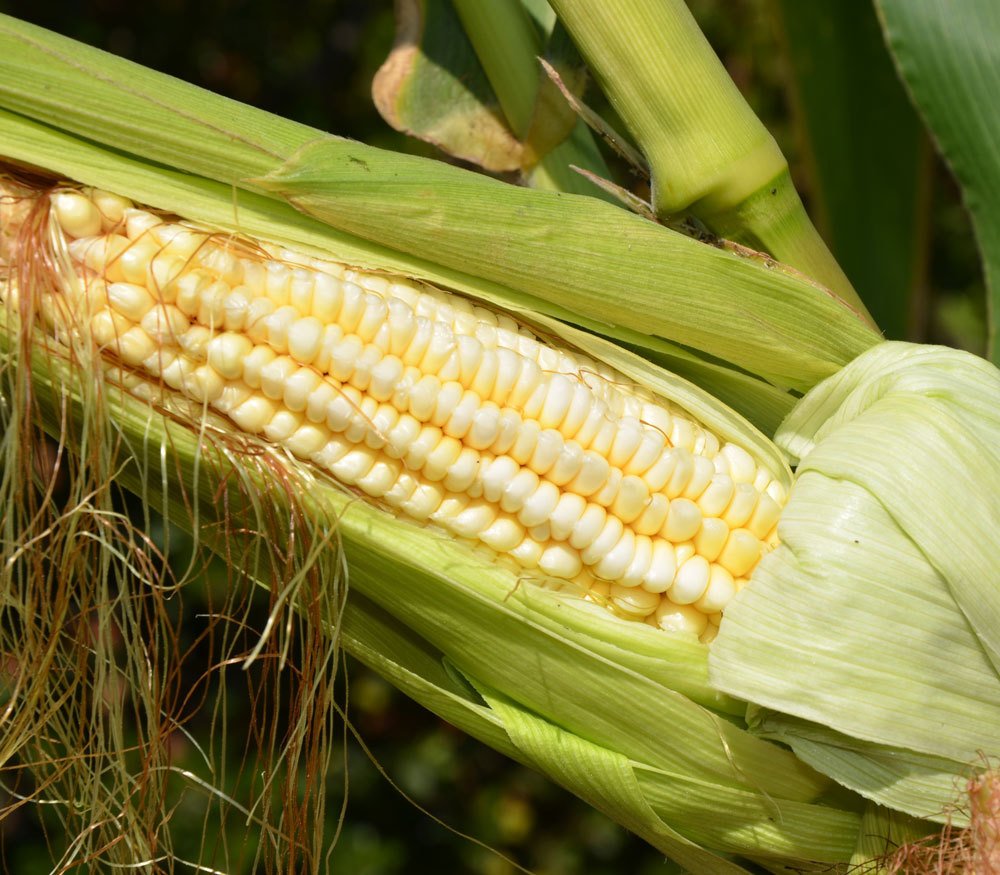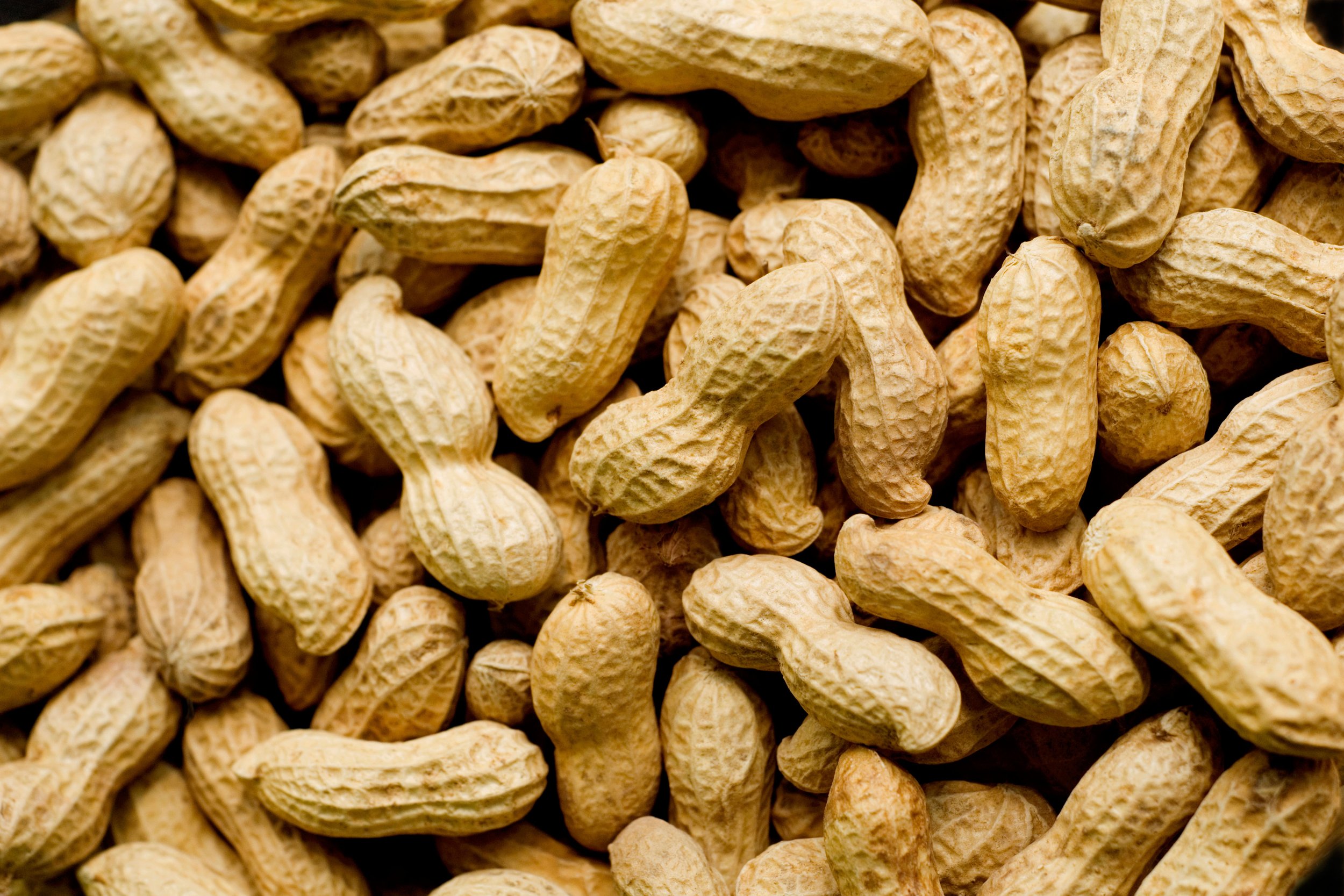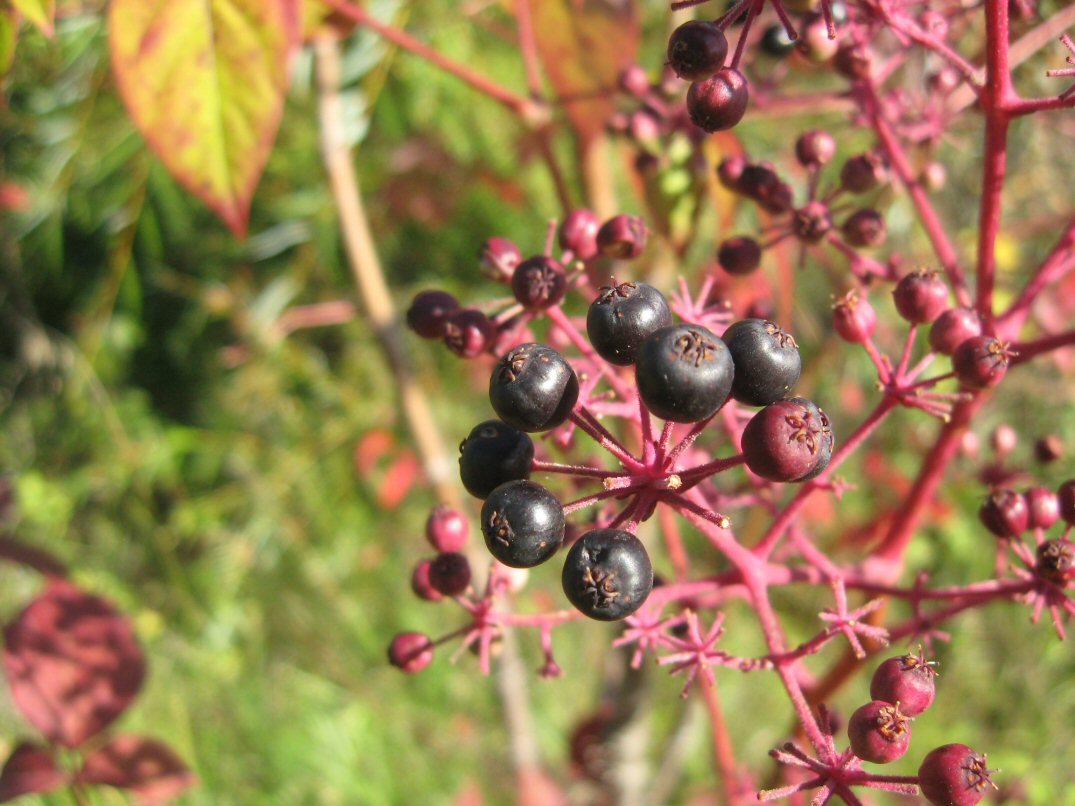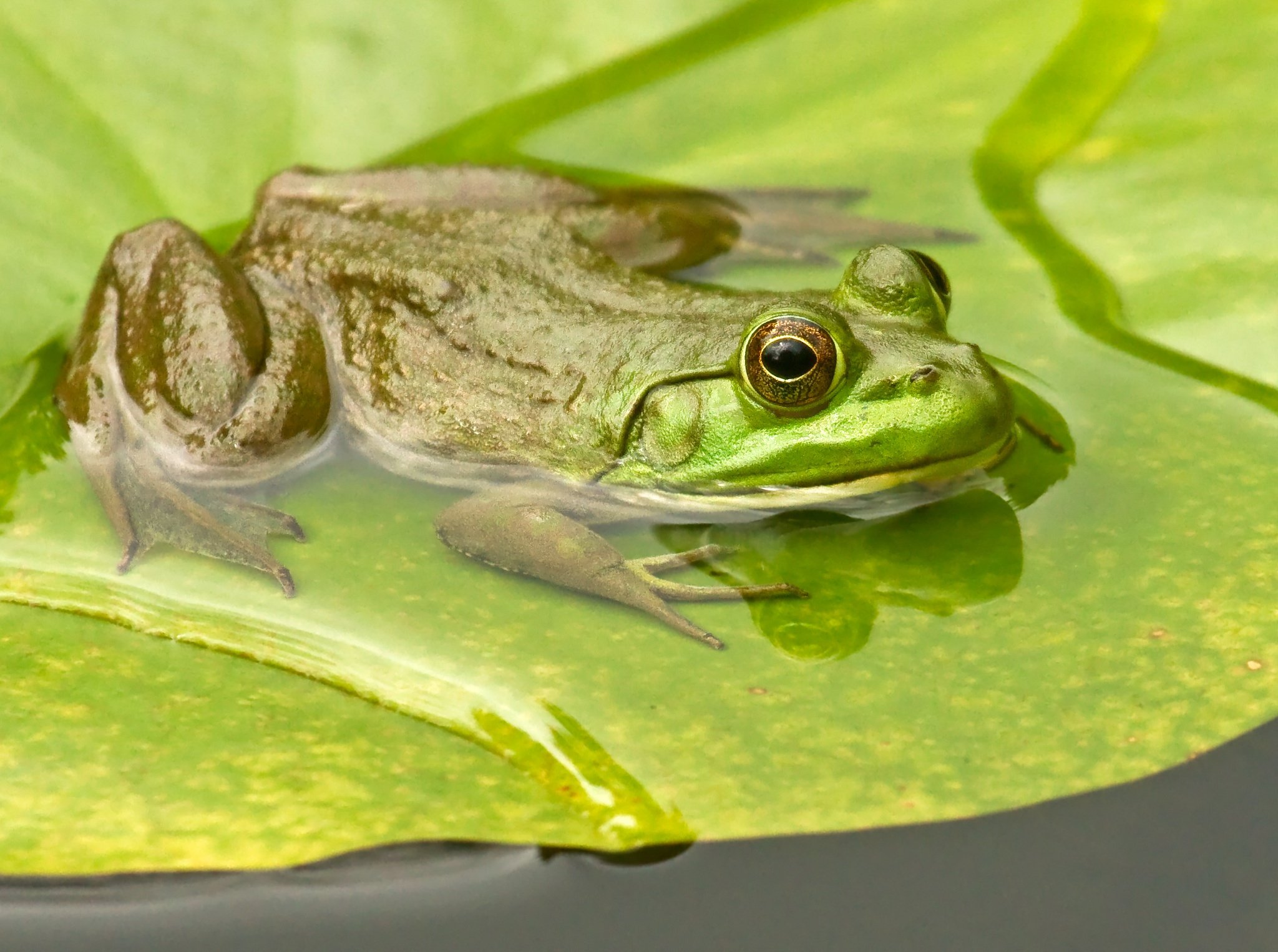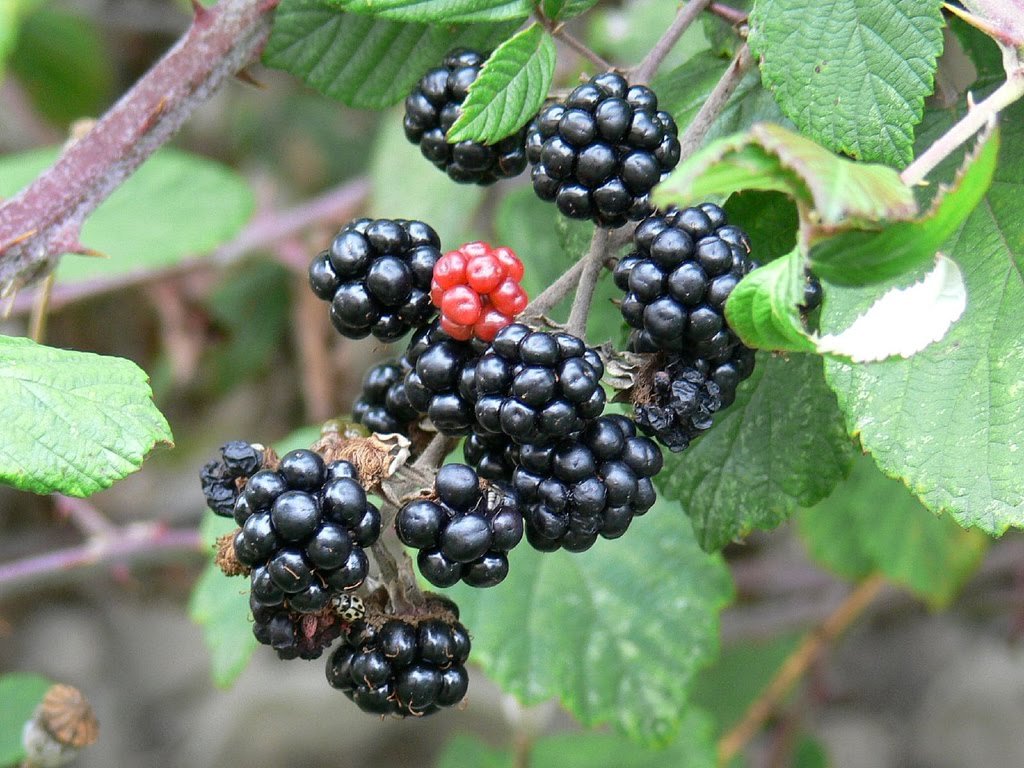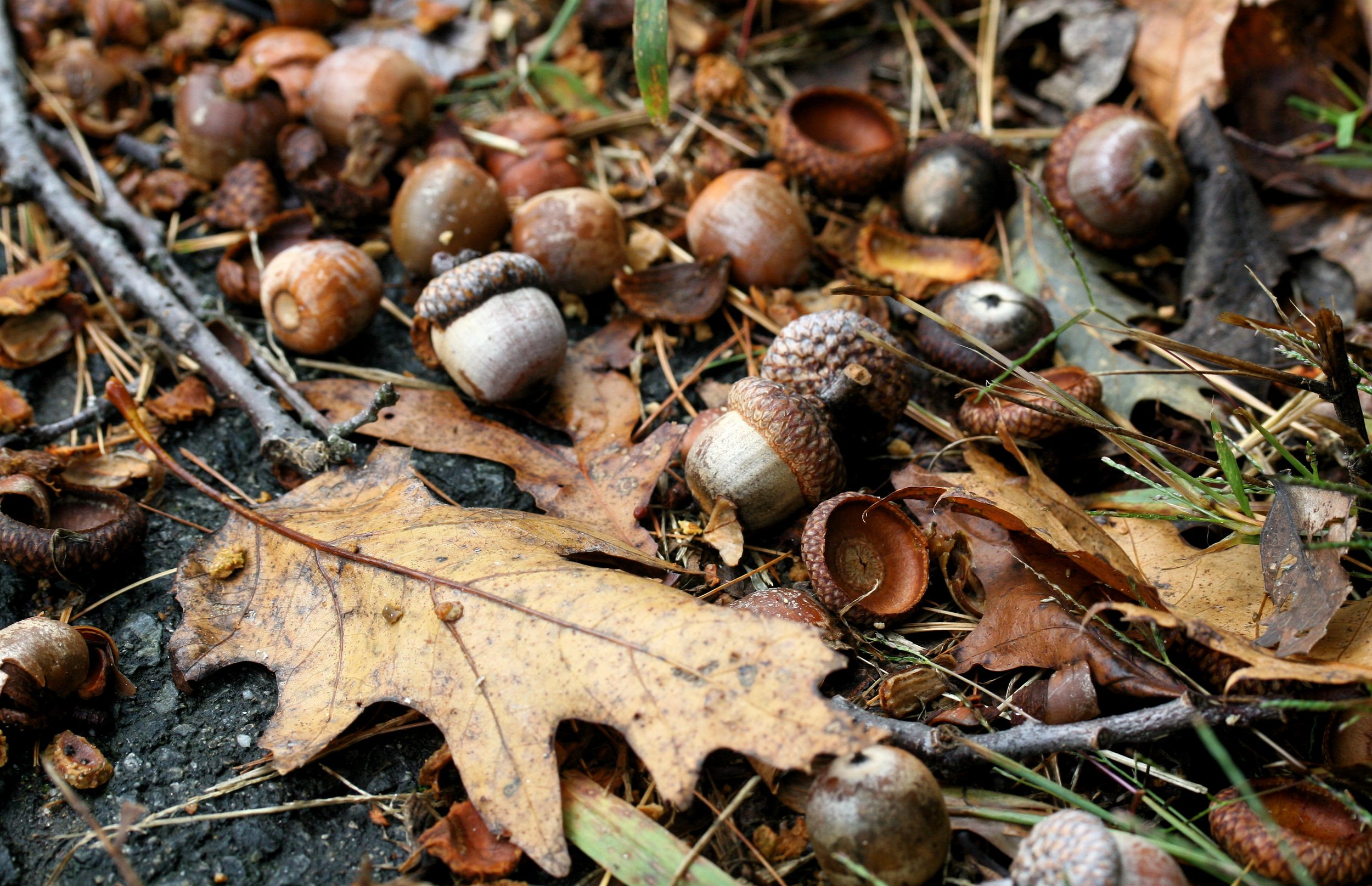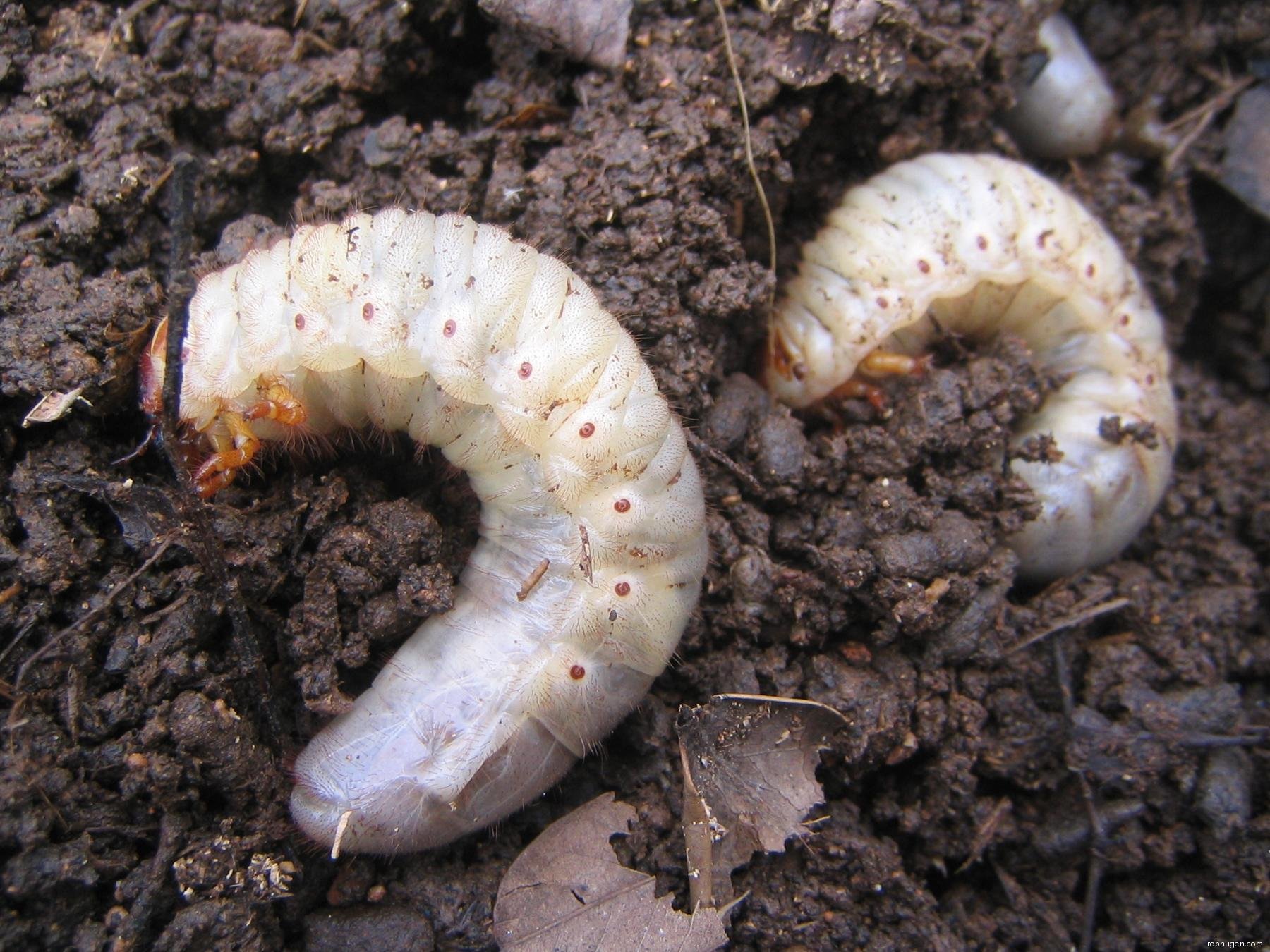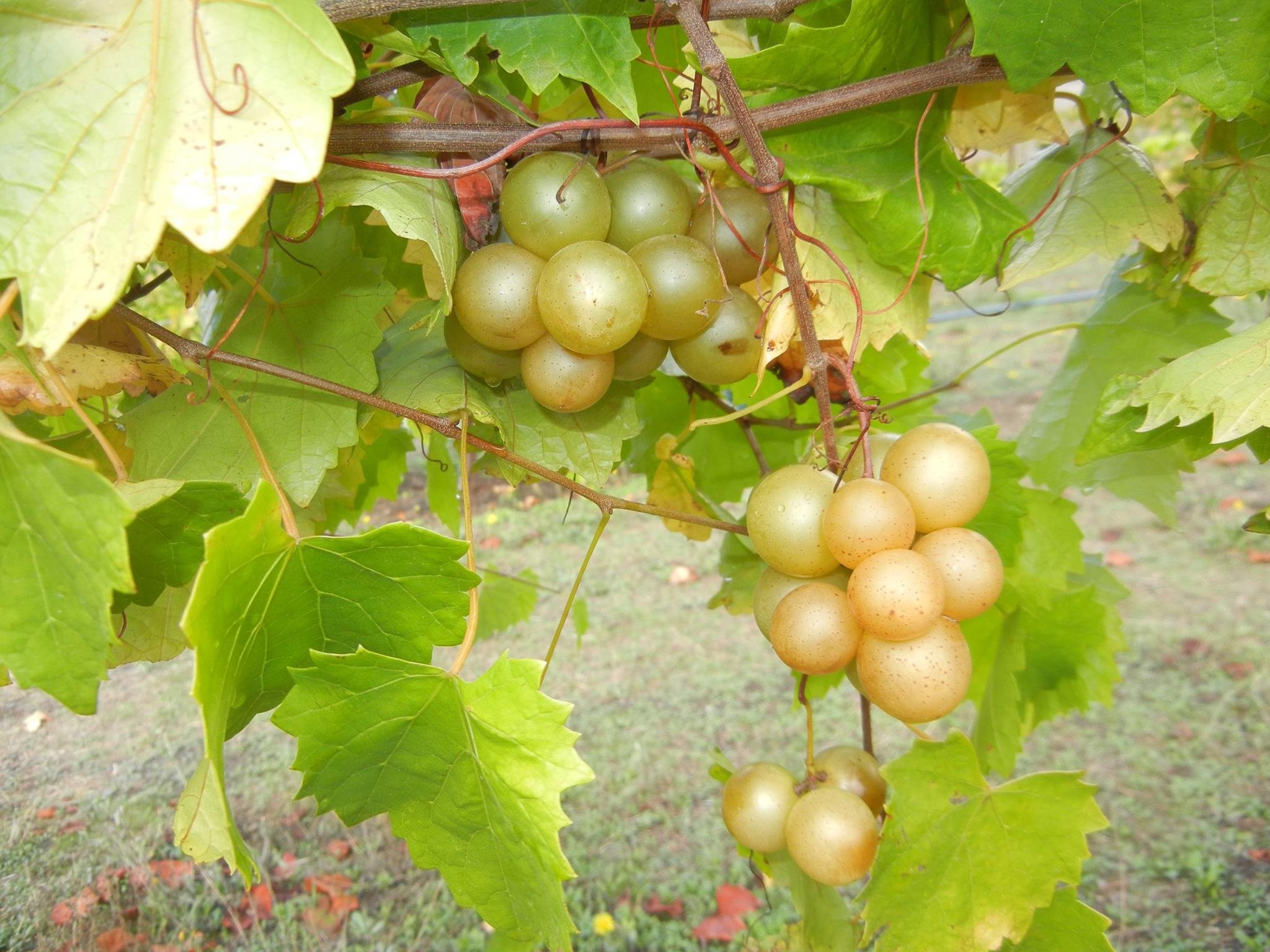Meet the American Black Bears of Washington County, Bearolina
Eastern North Carolina is home to the largest population of American Black Bears in the world. The Pocosin Lakes National Wildlife Refuge is the best place to see them in their natural habitat on the Bear Viewing/Birding Trail. Back in Plymouth, Bear-Ology Black Bear Museum, invites you to explore and learn about bears in an educational setting. The annual National Black Bear Festival celebrates all things black bears and the region’s relationship with these marvelous creatures.
American black bear
Ursus americanus
Also known as the black bear
A medium-sized bear endemic to North America. It is the continent's smallest and most widely distributed bear species. The American black bear is an omnivore, with a diet varying greatly depending on season and location. It typically lives in largely forested areas, but will leave forests in search of food, and is sometimes attracted to human communities due to the immediate availability of food.
Black Bear Facts
Coastal North Carolina has the world’s largest black bears.
The Albemarle/Pamlico Peninsula has the highest black bear densities in the world.
There is an average of 4 bears per square mile here.
The current world record black bear is from Eastern NC and weighed 880 lbs.
There are bears over 880 lbs still walking around Eastern NC today.
Black bears have a prey mentality instead of a predator mentality, meaning they aren’t the ones killing for food.
Bears don’t stand up to intimidate you. It is for a better view and to get a better scent.
Black bears are found in 35 states.
Bear-Ology Black Bear Museum is in Plymouth, NC.
Plymouth is “base camp” for the best public bear viewing in NC.
Bear-ology Black Bear Museum in Downtown Plymouth, North Carolina invites you to learn about bears and other wildlife in an educational setting. It is one of four museums within a four block radius in the river-side downtown of Plymouth, nestled off the bustling HWY 64.
Black Bear Food
What’s on the menu?, you ask! Lot’s of items in Eastern North Carolina. It’s one on the reasons the bears in this area are so big and abundant - they eat well. Agricultural fields provide plenty of corn, peanuts, soybean crops, while the vast tracks of undeveloped natural areas provide pokeberries, bullfrogs, wild blackberries, grubs, and NC’s state fruit, the Scuppernong grape. Yum, yum.
Stay Safe with Bears
Bears aren’t naturally defensive, but they are well, bears, and big bears at that! It’s best to stay at least fifty feet from any bear you see in the wild. And don’t feed them! The bears in this region live in what’s known as the breadbasket of the state. There are huge farms producing a variety of crops: corn, soy beans, wheat, oats, peanuts, sweet potatoes, and watermelons, most of which bears love to eat. Almost every acre that can be cultivated is in production, with the exception of tree farms growing timber for sawmills and the paper industry. The balance of the rural landscape is swamp. The bottom line is that bears live in the forests and swamps that border their restaurants: farm fields producing high protein crops. With the mild winters, eastern North Carolina bears feed more months of the year than northern bears. As a result they grow bigger in North Carolina than anywhere else.
If you encounter a bear, never run. Instead of running, let the bear know you are there by backing up slowly while waving your arms above your head and speaking loudly. Try not to startle the bear. Many black bears roam throughout the area.
Always keep your eyes open and binoculars around your neck the whole time you explore the area. Bear’s are so prevalent here you could see one just about anywhere. And if you don’t happen to stumble on a real bear, take a walk around downtown Plymouth or kayak the Roanoke River for a glimpse of some more outgoing bear friends.
Find a Tour Guide
The best way to see bears is with a tour guide. There are group or individual tours available for whatever suits your style. Stop by the Welcome Center on Water Street for more information. Or contact a guide directly to schedule in advance. Our guides will help you see a bear and stay safe while doing it!
-
Mark Buckler has been documenting nature for over 30 years. He lives on the Outer Banks of NC, where he continues to pursue his passion for nature, wildlife and landscape photography. Mark's degree in wildlife biology from the University of Vermont and his extensive experience as a wildlife field biologist provides him with a deep understanding of nature and animal behavior. Mark is a full-time wildlife photographer.
-
A native to this land, an avid backcountry paddler and adventurer Cassondra offers bear tours. She also offers kayaking tours in Northeastern NC. She is a member of the American Canoe Association, AÇA Safety course certified and CPR certified.
-
matthewmoltphotography.shootproof.com/
Matthew lives and grew up next to the best public bear viewing in North Carolina. He offers wildlife and photography tours on a part-time basis.
-
North Carolina wildlife photographer, who grew up hunting & fishing. He has traveled all over North Carolina in search of wildlife and new scenery. He always has a camera in hand documenting the journey. Neil specializes in wildlife photography tours on a part-time basis.



